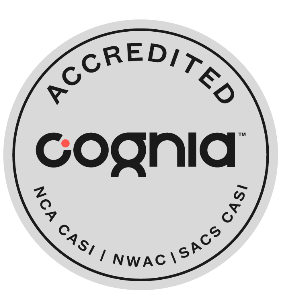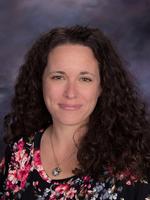Brandon Cui knows how to remove heavy metals from water using a banana peel, process data with waves of light, and make a simple baking-soda volcano and it all started in his mother’s kitchen.
The Hillcrest High senior one of only 40 students in the nation to qualify for the final level of competition with the Intel Science Talent Search has always had a love for science, thanks to his mother and the experiments they did together at home. He started small, making a pH meter out of cabbage and exploding baking soda volcanoes, then moved on to entering his projects in the science fair at age 10 and every year since.
“When I went to competitions I was able to see what everyone else was researching and I found it so incredible that everyone in the scientific community we work to better the world,” Cui says. “All of us are working together for the scientific frontier. It’s not about one of us working the lab alone, it’s working together for humanity.”
This year, Cui’s project, “Demonstration and Characterization of Split-ring Resonators as Terahertz Wave Guides,” was chosen out of 1,800 entries to be a finalist in the Intel Science Talent Search, the nation’s most prestigious pre-college science competition. Historically, students who have participated in the Science Talent Search have gone on to receive more than 100 of the world’s highest honors, according to a statement from the organizers of the competition. Science Talent Search alumni have won eight Nobel Prizes, two Fields Medals, five National Medals of Science and 12 MacArthur Foundation Fellowships.Â
“The 40 finalists of the Intel Science Talent Search are some of the best and brightest young scientists in the nation,” said Maya Ajmera, president and CEO of Society for Science & the Public and publisher of Science News.
Cui is the only student from Utah to be selected to participate in the finals of the March 5 competition and receive an all-expenses paid trip to Washington, D.C. He will compete for more than $1 million in awards from the Intel Foundation. The honor is one in a list of accomplishments for the young scientist. Cui has been selected as a winner of the First Step to the Nobel Prize in Physics. He is one of just five students in the world to achieve such a prestigious recognition.
“I’m hoping to go there and do well, but truly I’m just looking forward to meeting the other finalists and seeing what they’ve done,” Cui says of the Intel competition. “I think that’s what this experience is about going there and meeting 40 other people who have an interest in science. I think that is incredible.”
The gist of Cui’s project allows information to be transferred optically, through light, rather than electronically. The technology would allow you to, say, transfer a highdefinition movie through a Wi-Fi or Bluetooth connection in seconds, rather than hours. His experiment shows how it is possible to use a super lens to see DNA without any other aids, or create cloaking-field technology. His project would take more development to reach that point, Cui says, but the concept and application is already there and available.
Cui loves science so much he wishes all of his school-age peers would participate in science fairs. That’s why he helped found the Salt Lake Valley Science and Engineering Fair Student Advisory Board in 2012. Cui helps tutor refugees, mentor and judge elementary and middle school science fairs, and run an annual benefit event to make sure the Salt Lake Valley Science and Engineering Fair has enough funds to continue.
“For me, science started with the smallest things, the smallest little experiments in my kitchen,” Cui says. “That’s what the benefit does, help people become exposed to science and develop a love for science. It’s an integral part of our lives.”
This year’s benefit carnival will take place from 4-7 p.m. on Friday, Jan. 23, at the Salt Lake Center for Science and Education, 1400 Goodwin Ave. in Salt Lake City. Visitors can donate directly to the science fair or purchase tickets to participate and view demonstrations that will, “Inspire people to love science the rest of their lives,” Cui says. Tickets are $3 per person and $12 per family. Children under age 5 are free, and everyone is welcome.
Â





